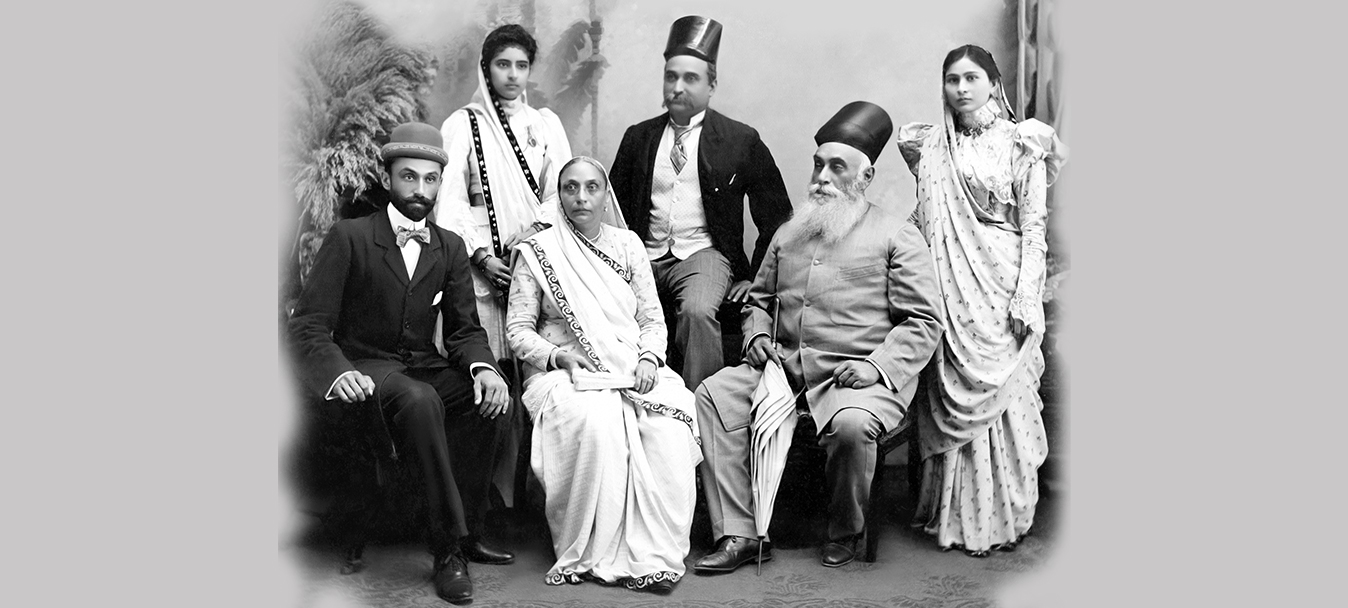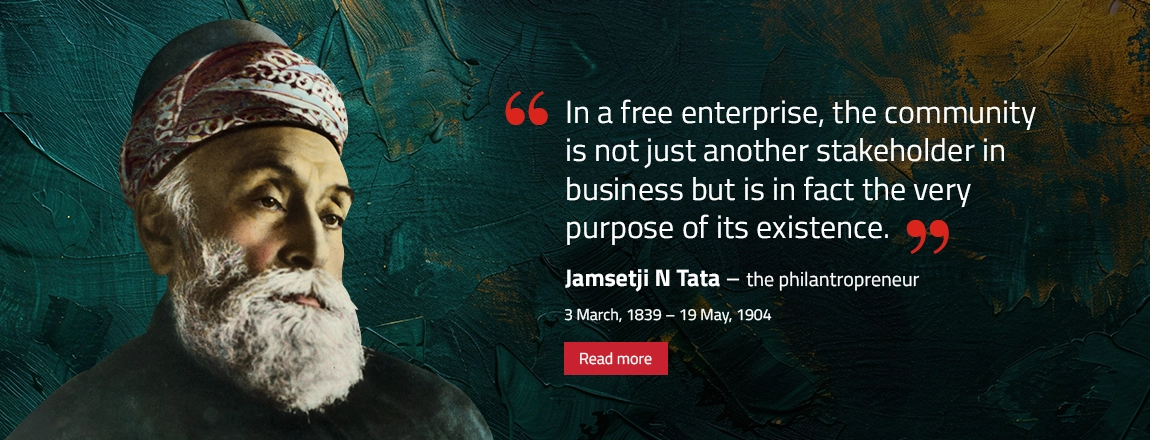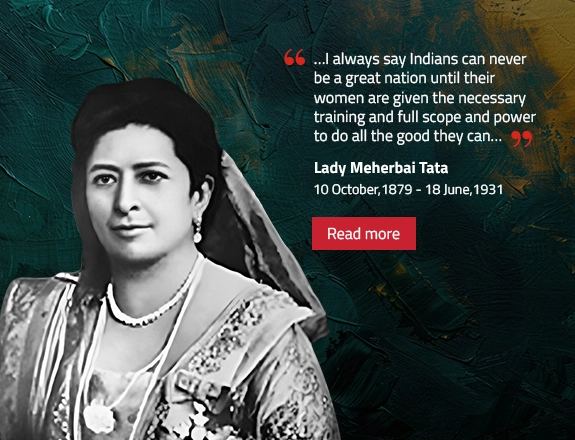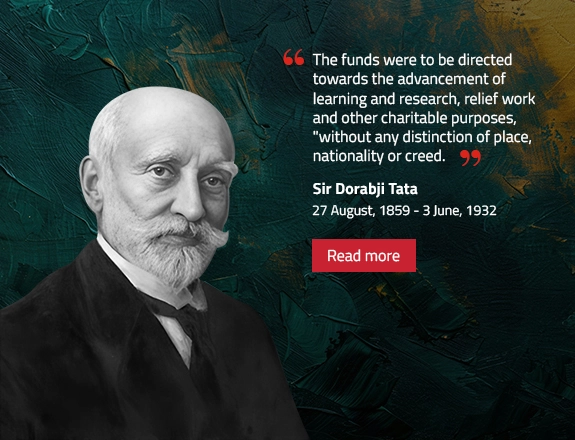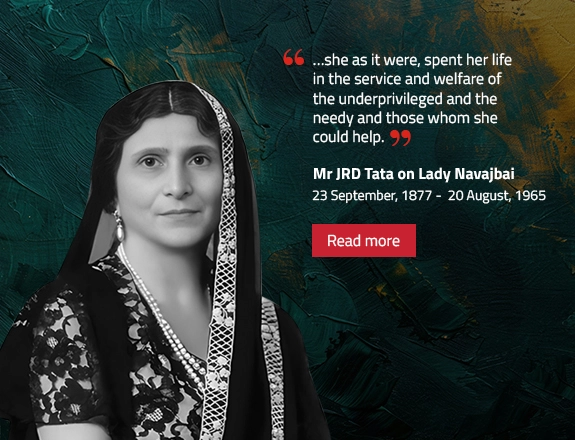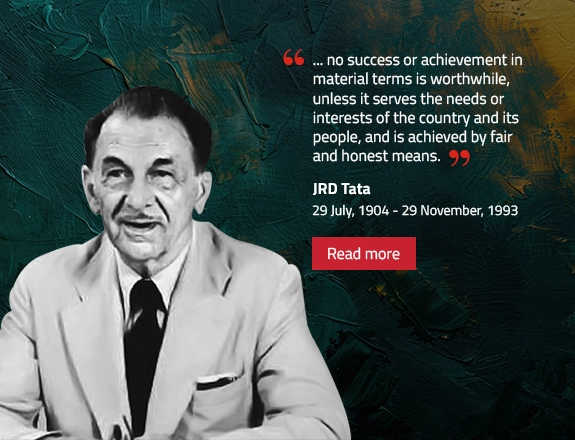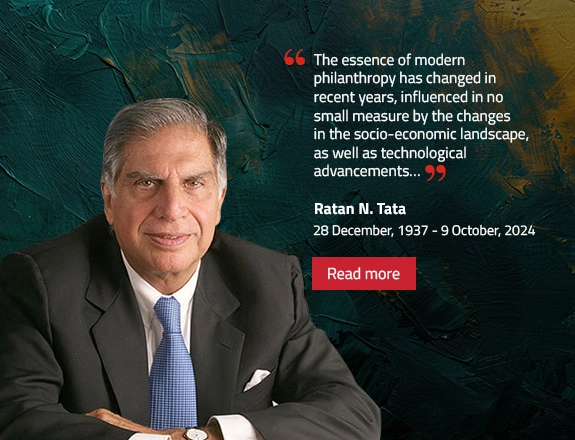A legacy of philanthropy: the Tata Trusts story
India’s tradition of philanthropy stems from an age-old value system; a system that underlines the duty of the powerful and wealthy to help those less fortunate than themselves.
However, the Tata Group founder Jamsetji Tata, an outstanding patriot who was also known as the 'Father of Indian Industry’, gave a new meaning to the word ‘philanthropy’ in 1892, when he set up the JN Tata Endowment Fund for the higher education of Indians. In those times, philanthropy as a means of promoting higher education and research was a novel concept, even in the United States.
The Carnegie Mellon University, for example, was established in 1900 after billionaire Andrew Carnegie made a path-breaking endowment of US$1 million to set up a ‘technical school' in Pittsburgh. Jamsetji preceded Carnegie by two years when in September 1898, he pledged half his personal wealth – an amount of Rs.30 lakhs (then £200,000) – towards his dream of setting up a "university or institute of research" for his countrymen.
Although this is but one of the known facts about the Tata family’s philanthropic activities, there are treasure troves of many such deeds, told and untold stories, and events that occurred over 130 years. These efforts led to the creation of institutions, programmes, and futuristic ideas for the alleviation of distress, with the advancement of society and the good of humanity at their common core. Over time, they were consolidated under the Tata Trusts banner. Here is a selection of stories about our founders and their lives from an enormous treasure of goodness.
Click here to read
The History Timelines
Anecdotes
